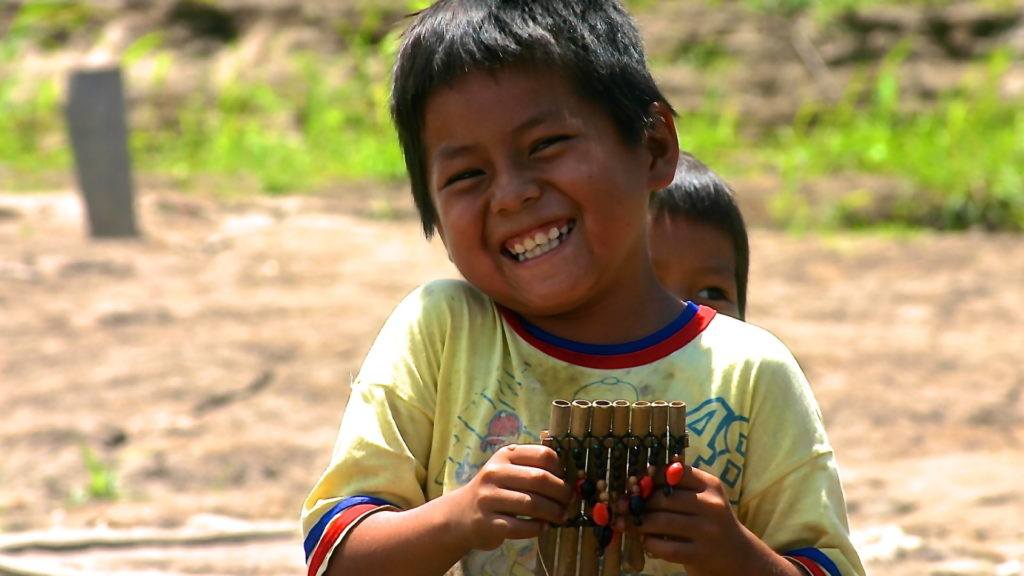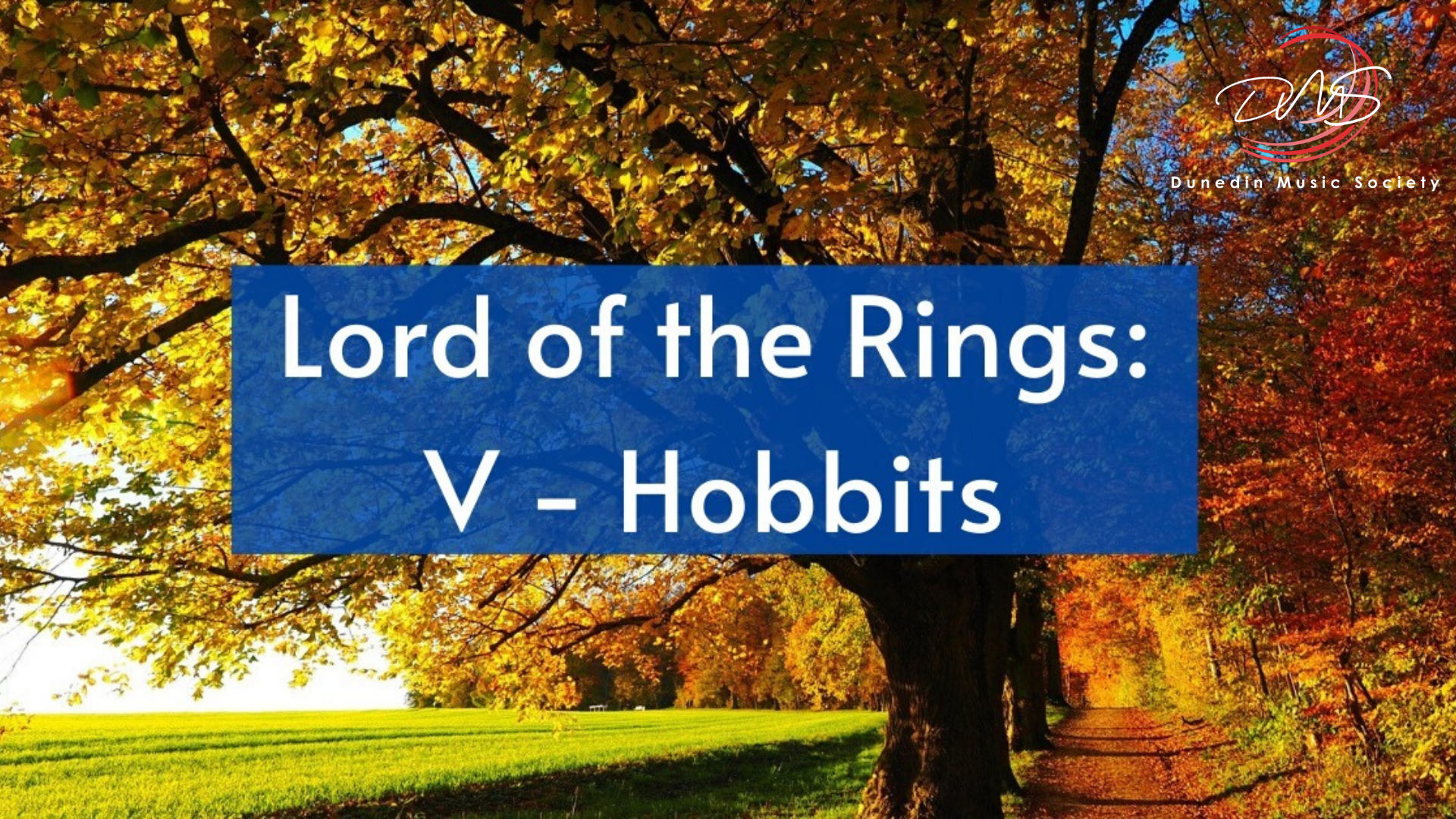One thing I’ve noticed throughout this pandemic is the emphasis on physical health and well-being.
Rightfully so.
And there’s even been cursory mention about behavioral health, too.
Good.
But nada, diddly-squat, niente about our emotional health.

There have been suggestions that because we have been isolated from each other and our loved ones and NOT dealing with our emotional status, that our responses to all the bad news, bad politics, bad violence has become far more exaggerated than it otherwise might have been.
As Pinellas County Commissioner Gerard said in a public COVID-19 response meeting recently, “emotions are running high.”
This issue is fascinating to me because, if you have followed me for any length of time, you’ll know how much I respect Ravi Zacharias’ statement that music is the “language of the soul,” but that most of us see it more as the “language of emotions.”
So why does society continue to neglect it so much?
Especially now.
And here’s the kicker:
Music is the #2 increased activity
Earlier in July Culture Track released the preliminary results of a survey they ran throughout the USA mid-April to mid-May, which attracted 124,000 respondents (making it probably the largest formal survey about culture, ever).
Are you ready for their findings?
Interestingly, 653 arts organizations were represented by the 1/4 mil. respondents, the most coming from museums (336) and the performing arts (285). Only 25 arts schools or services were represented, 4 visual arts organizations, and 3 film, radio & TV orgs.
Nevertheless, 45% of respondents indicated they felt ‘bored’ or ‘less connected’ than before the pandemic began, and 54% wanted more connection and fun, with 53% miss ‘having fun’ the most.
During the 30 days previous to completing the survey, the NUMBER ONE ACTIVITY respondents were doing more of, was cooking.
The NUMBER TWO activity was music.
Yes, music.
More music – especially singing. Be it alone, with others online, or even with others while social distancing.
More people participated in more music activities than they did visual art, knitting, physical exercise, and so on.
60-68% of respondents had found value in online activity, too, including watching performances from before the pandemic, as well as live streamed performances.
Online workshops are most valued
But 68% (the top response) found value in online workshops, because they generated community, intimacy, connection, and learning, all together at the same time.
Thank goodness one of the organizations I work with has been delivering weekly and monthly workshops since March!

While 96% of respondents are looking to cultural organizations for emotional help, it’s fascinating that they observe only 1 in every 3 arts organizations actually doing any activity since events began to be cancelled.
But while almost everyone expects some help, only 13% have paid for digital content.
WHAT?!
And I have to agree – it’s a problem.
Our own workshops have been free. Oh, sure – we’ve asked for donations, and one online festival we produced attracted over 5,000 viewers, but we received barely over a hundred bucks.
Overall, 31% of boomer respondents say they’ve lost income during the pandemic, whereas 44% of Gen Xers and Millennials have lost income. That’s nothing compared to 70% of the Gen Zers who say they’ve lost their income. But then again, that’s age 8-23 according to the survey, so I’ve no doubt their parents have lost pocket money income, or their part-time college temp jobs have disappeared.
How does THAT work?
So, if 96% of 124,000 people surveyed are looking to cultural organizations for emotional support (to laugh, relax, distract, escape and get a break, according to comments in the survey), yet only 13% are willing to pay for it, how does that work?
How are the organizations and the people who work for them who actually create and curate the content supposed to pay their bills?
It’s nice to think that arts for all might mean arts free for all, but no landlord or electricity company cares about that – they want their money because they have their own bills to pay, or they’ve already paid out and need to recoup.
I say, we musicians – pro and amateur – should stop giving away our direct emotional health and well-being services, in a similar way most behavioral health and physical health providers don’t provide their services for free, and CHARGE for how we help our society.
96% of society, it seems.


